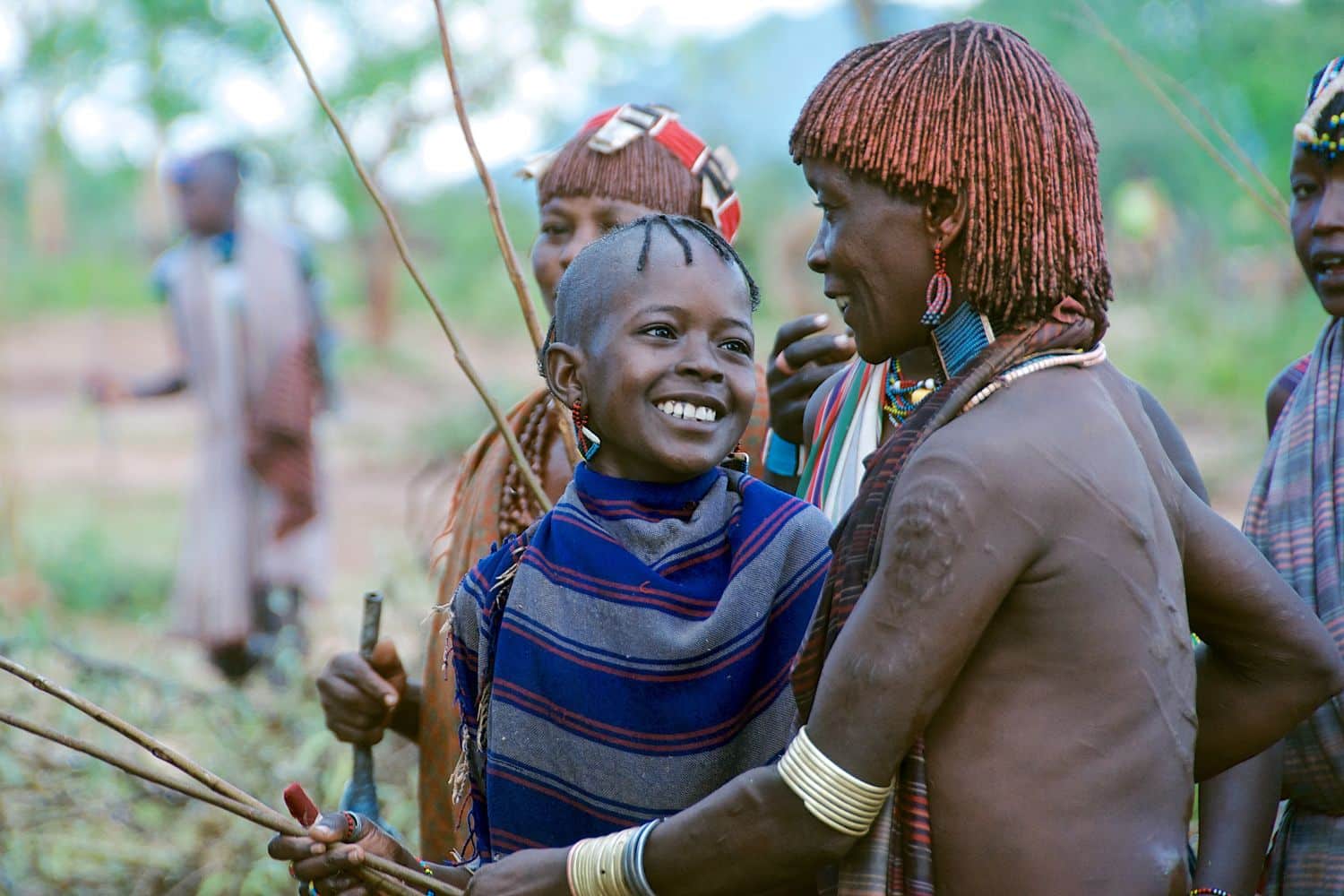If you could find a hidden weapon to defeat the enemy and release thousands into God’s Kingdom, you would want that right? I know I would! You may be surprised about what it is. It sounds so simple that even a child could use it.
The Power of Stories for Oral Culture People
The majority of the world’s unreached people groups are what we call oral culture people. They are made up of people who prefer to pass on information through the spoken word. They learn best this way, rather than through written words.
Being an oral culture person is not the same as being illiterate. Today, even post-modern Western cultures can be considered oral culture. This designation doesn’t have to do with whether or not you can read and write. Instead, it is a learning preference. The vast majority of the unreached peoples in the world are oral culture peoples.
How will people like these have access to God’s Word?
Storytelling is a key. OneStory is a partnership of organizations. YWAM is one of the partners. OneStory works with mother-tongue speakers to develop and record chronological Bible “story sets.” Mother-tongue speakers then spread the stories to others. The sets form the beginnings of an “oral Bible” to be told and retold for generations.
How a “One Story” Team Came Together
In the northern mountain provinces of the Bontoc region, there are many tribes with unique dialects. Most dialects have portions of Scripture available. However, very few people can read their own heart language. They only read the trade language. This is because all education is done in the trade language. But at home they speak their own dialect and are most comfortable using it.
In 2007, a One Story partnership formed to create three different Bible story sets. They were for the tribal languages spoken in these villages. A team was formed.
The team was led by Patrik, a local leader involved with evangelism and church planting. He loved to share the gospel with people in story form. For tribal discipleship training, he utilized Bible storytelling as his main format of training. Even though those he trained were adults, this form of learning worked much better for them. As they learned the stories and retold them to others, the lessons went deep into their minds and hearts.
Some people thought that stories were only for children or Sunday school class. But if they were only for kids, why did Jesus use them so often to make His most important points?
A Widow Who Loves to Share
Roweena is a lady who was actively involved in serving the story-making project. She is a widow with six children and weaves cloth for her livelihood.
Twice a week, she came down from the hills to work along with Patrik and the small team. Together, they crafted stories from the Bible. She then took the stories back to the village. She tested them with the people there. She wanted to make sure they were understandable and to get the villager’s feedback. Then they made adjustments that were needed.
Now the full story set, from Creation to Christ, has been completed in the local language. Roweena shares these Bible stories village to village. She is respected and empowered as a fruitful storyteller and evangelist.
She is also a willing and hard-working volunteer. She was asked if she would consider doing the hard work of creating story sets again for yet another language. She immediately replied, “Yes!” Roweena has personally seen the huge impact of people hearing God’s story. When they hear it in their heart language, they understand like they never did before.
Patrik has watched these stories equip villagers to share the gospel more effectively. The simple and familiar format gives them confidence and success. Now Patrik would like to see the ten other languages in his region have story sets too.
Bibleless Oral Culture Peoples
Maybe God wants you to help a Bibleless oral culture people group get the Word of God in a way they can understand. Find out more about using or creating story sets at http://www.onestory.org. Or you can check out End Bible Poverty’s website to learn where the groups are who still need Bibles.
Another option for providing access to God’s Word is using resources provided for free by Global Recordings Network. GRN produces audio recordings of Bible Stories in 6,098 languages for the least reached language groups in the world. Contact them at GlobalRecordings.net.
Use stories like Jesus did!


5 Responses
Is a great advice and mostly could be cherished…
Thank you Elijah!
Thank you for sharing the history
I have really been blessed by your sharing on discipleship and the testimony.
I would love to attend one of your seminars or training on the same.
You are doing great work in sharing the love of Jesus.